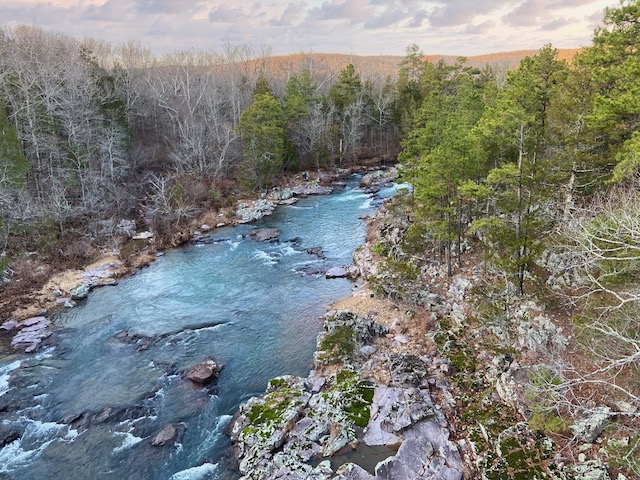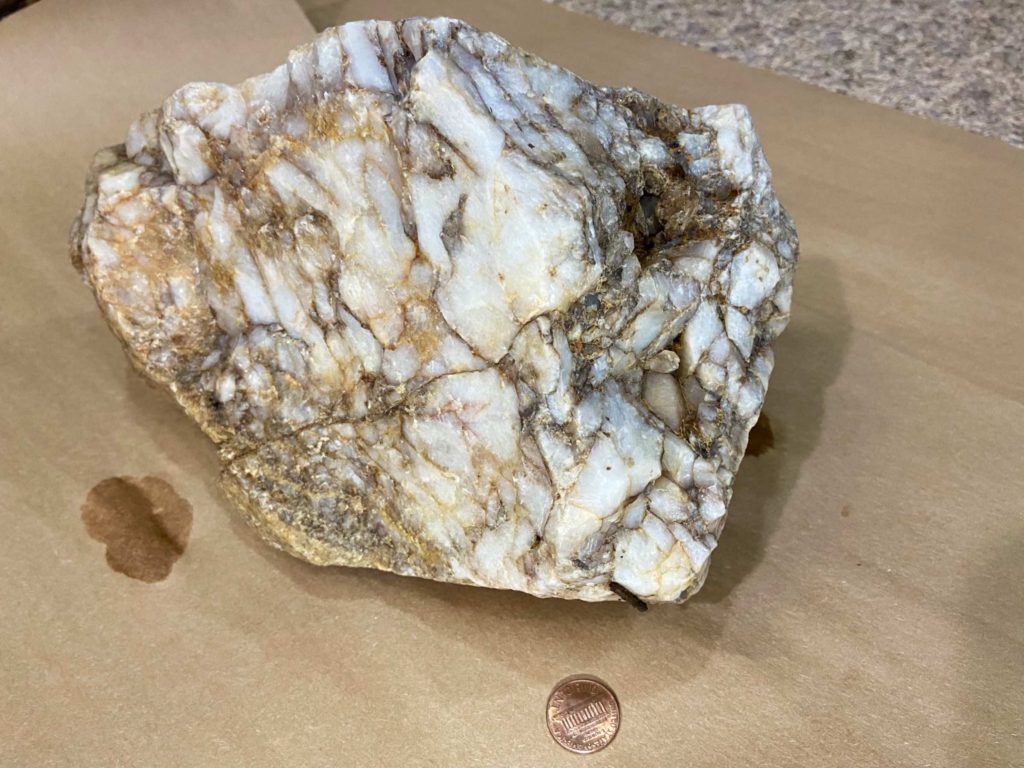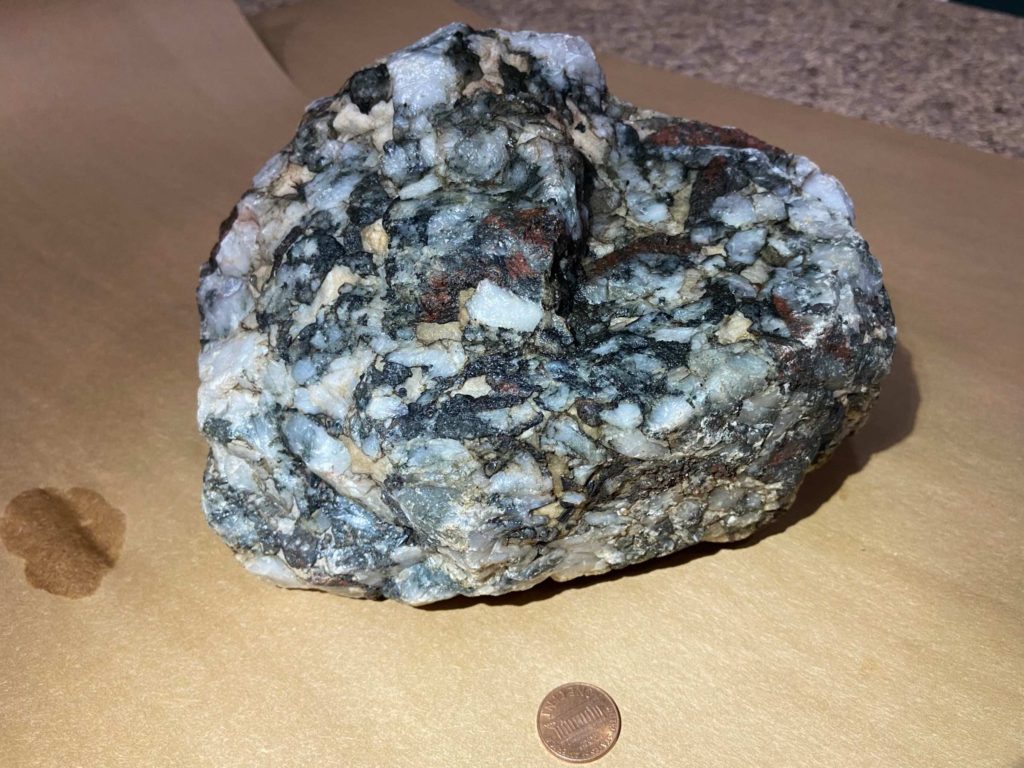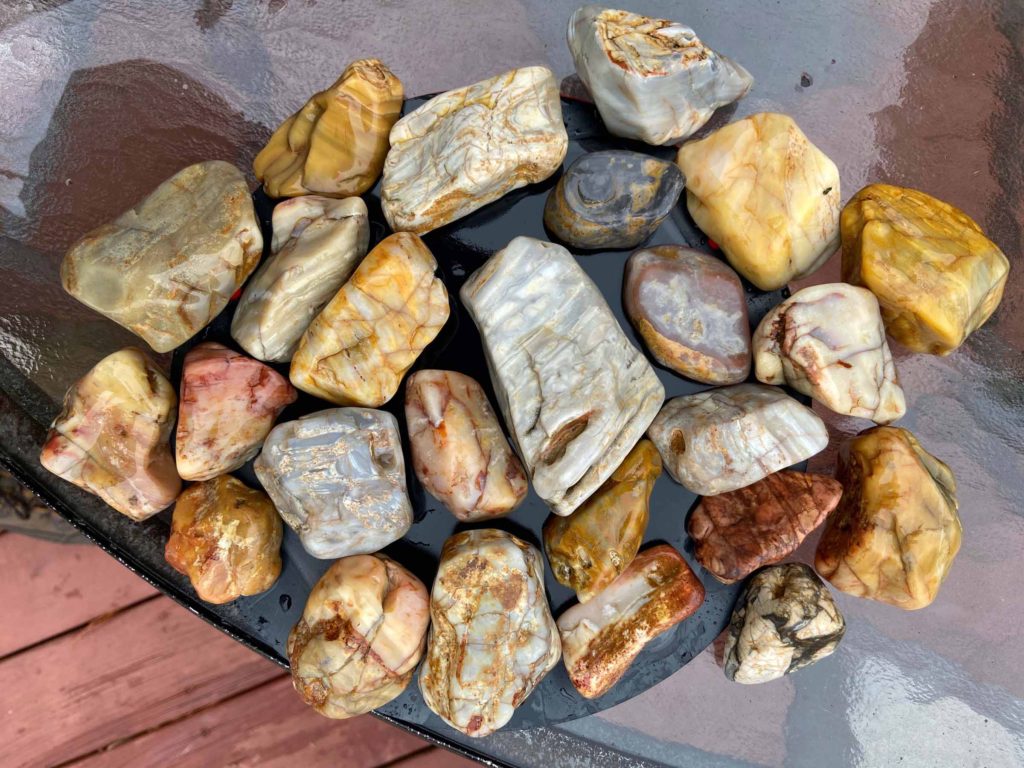Let's see. It's the weekend. If I want to spend time with others tonight, what should I do? Where should I go? Who would like to spend time with me?
Here's a seemingly unrelated question: Who is more popular in most parts of American society?
a) An animated people who engages in banter about pop culture, sports, TV and movies with their like-minded friends, where loud partying and drinking alcohol are significant parts of the gathering?
b) A person who enjoys intense discussions about science and other intellectual pursuits with like-minded people in quiet places, where partying and small talk are not significant aspects of the gathering?
Today, I stumbled upon an article in
Forbes that raises concerns about how those who love to study science are sometimes ostracized by others. This article by Ethan Siegel is titled,
"Your Glorified Ignorance Wasn't Cool Then, And Your Scientific Illiteracy Isn't Cool Now." Here is an excerpt:
All across the country, you can see how the seeds of it develop from a very young age. When children raise their hands in class because they know the answer, their classmates hurl the familiar insults of "nerd," "geek," "dork," or "know-it-all" at them. The highest-achieving students — the gifted kids, the ones who get straight As, or the ones placed into advanced classes — are often ostracized, bullied, beat up, or worse.
The social lessons we learn early on are very simple: if you want to be part of the cool crowd, you can't appear too exceptional. You can't be too knowledgeable, too academically successful, or too smart. Someone who knows more, is more successful, or smarter than you is often seen as a threat, and so we glorify ignorance as the de facto normal position.
In my experience, it's not usually such a clear distinction as in A or B above, and there are many styles of socializing. I'm focusing on these because am a "B" type person who found myself trapped in a few too many "A" environments over the past year. I should also make clear that I have no problem with drinking, only drunkenness, and a lot of nerdy people admittedly do enjoy alcoholic drinks. Further, many people, nerdy or not, like to discuss the science stories they find in news sources that don't specialize in science. These things are often interesting, even when not explored in depth.
The real division lies here: Some of us take science and other intellectual pursuits much more seriously than others. Some of us read challenging and detailed science publications, and we contemplate science spontaneously, when waiting in line or walking down the street; we cannot turn it off. Digging to deeper levels inspires us to learn even more, and this hard-earned knowledge often bears fruit in the form of connections to many other aspects of our lives. Digging deeply often enables us to challenge the way we conceive of ourselves and others. Most people who socialize, however, get exhausted, bored, tired of discussing these topics and would rather have "fun."

Having an enthusiastic love of intellectual pursuits can be a social problem.





